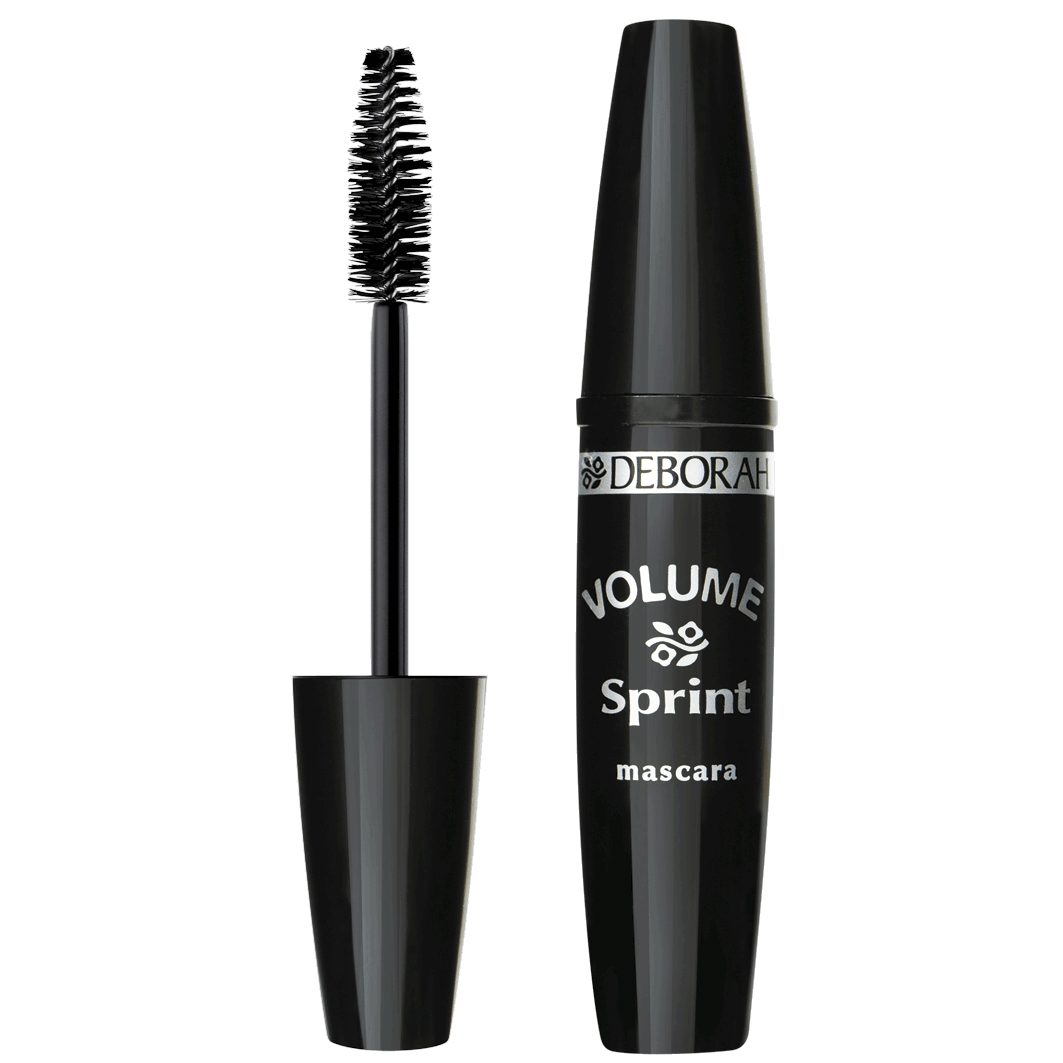
This image has format transparent PNG with resolution 1063x1063.
You can download this image in best resolution from this page and use it for design and web design.
Mascara PNG with transparent background you can download for free, just click on download button.
Mascara is a cosmetic commonly used to enhance the eyelashes. It may darken, thicken, lengthen, and/or define the eyelashes. Normally in one of three forms—liquid, powder, or cream—the modern mascara product has various formulas; however, most contain the same basic components of pigments, oils, waxes, and preservatives. The most common form of mascara is a liquid in a tube.
The Collins English Dictionary defines mascara as "a cosmetic substance for darkening, lengthening, curling, coloring, and thickening the eyelashes, applied with a brush or rod." The Oxford English Dictionary (OED) adds that mascara is occasionally used on the eyebrows as well.
The OED also references mascaro from works published in the late 15th century. In 1886, the Peck & Snyder Catalogue advertises, "Mascaro or Water Cosmetique... For darkening the eyebrow and moustaches without greasing them and making them prominent." In 1890, the Century Dictionary defined mascara as "a kind of paint used for the eyebrows and eyelashes by actors." And in 1894, N. Lynn advises in Lynn’s Practical Hints for Making-up, "to darken eyelashes, paint with mascara, or black paint, with a small brush."
The pigmentation for black mascara is similar to that used by the Egyptians and Victorian women. Black and brown mascaras typically are colored by use of iron oxides. Some mascaras contain ultramarine blue.
Mascara is composed of a base mixture of pigments, waxes, and oils with varying supporting components. Mascara pigments most commonly include iron oxides and titanium dioxide which provide mascara with its desired color. Titanium dioxide (TiO2) accounts for over 65% of inorganic pigments sales volume. TiO2 gives the pigment a white color while different iron oxides provide a variety of colors such as red, yellow, brown, and black. The particle size of opaque pigments ranges from 0.2-0.3 µm.
Among the many oils used, linseed oil, castor oil, eucalyptus oil, lanolin, and oil of turpentine are found frequently. Sesame oil is also commonly used. Waxes usually found in mascara are paraffin wax, carnauba wax, and beeswax.
Some mascaras are created with the use of fish scales.
The desired effects of the mascara account for most variations of ingredients. Water-resistant mascaras require hydrophobic ingredients, like dodecane. Non water-resistant mascaras have base ingredients that are water-soluble. Mascaras designed to lengthen or curl the eyelashes often contain nylon or rayon microfibers. Additionally, ceresin, gum tragacanth, and methyl cellulose are regular ingredients and serve as stiffeners.
All formulations contain pigments, oils, and waxes.
Mascara is now trending towards multi-functional usage, with many mascaras including lash-boosting serums, botanicals, and pro-vitamin-enriched formulas. Korean technology is at the forefront of the development, and a number of brands use tubing formulas to coat the lash.
In this clipart you can download free PNG images: Mascara PNG images free download